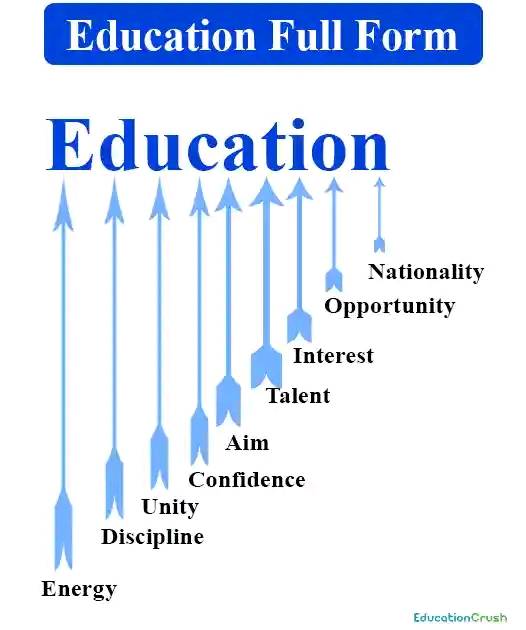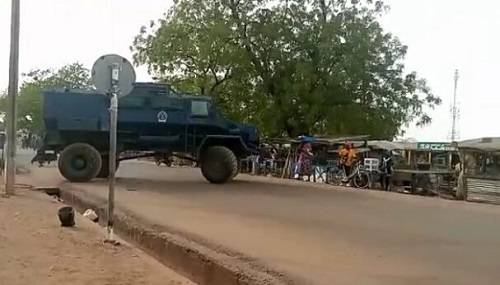When Statues Burn and People Die: What’s Really Happening in Bawku?
A few years ago, I stumbled into a conversation I wasn’t ready for. It was at this tiny roadside tea joint — you know the ones, plastic chairs, old radio humming highlife music in the corner. A man I’d never met leaned over and asked me, “Do you know what it feels like to lose a whole village overnight?â€
I didn’t. I still don’t. But lately, every time I see Bawku trending, that man’s question echoes in my mind like an old song stuck on repeat.
So here we are again — the news says some Kusasi MPs are accusing soldiers of killing six people in Bawku. And — this one hit me — burning the statue of the Zugraan, the Paramount Chief of the Kusasi. A statue isn’t just bronze or cement, you know. It’s history, pride, a whole story carved in stone.
I don’t know about you, but when I read that, something in my chest clenched. Like… how did we get here? Soldiers, supposed to protect, now being accused (I said accused — because who really knows the whole truth in conflicts like this?) of killing the same people they’re meant to keep safe.
It makes you think about how fragile “peace†really is. You wake up, scroll through your phone, see pictures of burning statues, grieving families, MPs on the floor of Parliament throwing words like knives. Then you take a sip of your coffee and try to go on with your day. But it stays with you, doesn’t it?
In my opinion — and hey, I might be wrong — sometimes I feel like we forget these aren’t just news headlines. These are people’s mothers. Sons. The boy who was supposed to start school next term. The old man who probably sat under that statue every evening telling folk tales. Now ashes.
I’ve noticed that in Ghana, we tiptoe around these conflicts. We call them “ethnic disputes†or “clashes†like it’s just two kids fighting over marbles. But the Bawku conflict has roots deeper than any of us scrolling on our phones can imagine. And each time it flares up, more lives get swept away like dust in Harmattan winds.
Honestly, I wasn’t sure if writing this would make any sense. What good are words when people are burying their dead? But maybe words are all we’ve got to keep asking questions.
Like — where do we draw the line between keeping peace and crossing it? Who holds the guns accountable when they turn on those they’re meant to protect? And maybe the hardest one — are we, the so-called “peaceful ones,†just too comfortable to demand real answers?
Anyway, it’s just been on my mind. Maybe next time I’m at a roadside tea joint, I’ll remember that man’s face and wonder — if we keep letting statues burn and people die, what story will be left to tell?
What would you say if someone asked you that question?




No comments yet
Be the first to share your thoughts!